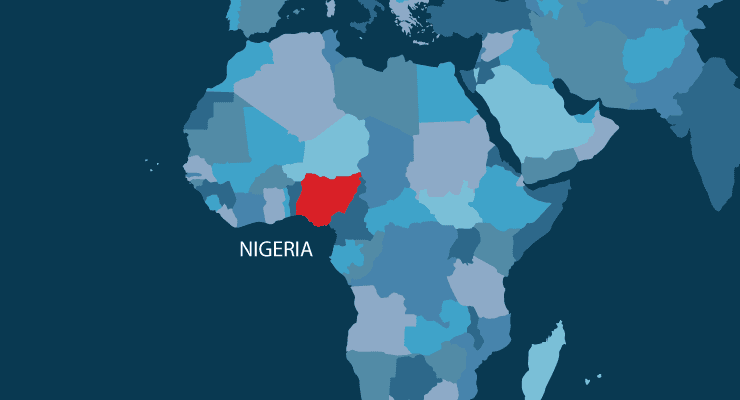The President of the Federal Republic of Nigeria this week signed a bill which establishes the Nigeria Centre for Disease Control (NCDC) as full-fledged parastatal, providing a legal mandate for the government to fully sustain and support their mission to protect the health of Nigerians.
NCDC has demonstrated its capacity to protect the health of Nigerians by delivering on its core functions of preparedness, detection and response to outbreaks of infectious diseases.
The Chief Executive Officer, Nigeria Centre for Disease Control, Dr. Chikwe Ihekweazu, on Tuesday commended President Muhammadu Buhari for signing of an Act establishing the agency.
“We are very grateful for Mr President’s support in the passage of this executive bill. This bill will provide the country an institute that has the capacity to ensure health security. We are also grateful to both Minister of Health and the Minister of State for Health for their support, and the Senate Committee on Primary Health Care and Communicable Diseases led by Senator Mao Ohuabunwa,” said Ihekweazu.
Breaking News:
Pleased to announce that the Bill for an Act to establish the Nigeria Centre for Disease Control has been signed by the President of the Federal Republic of Nigeria @MBuhari, giving our agency a full legal mandate to continue protecting the health of Nigerians pic.twitter.com/raqTEEvefE— NCDC (@NCDCgov) November 12, 2018
We wish to congratulate @NCDCgov on this historic milestone. We hope this will foster healthy partnerships with NGOs and other critical stakeholders in protecting Nigerians from any form of medical emergencies & threats.
— Rural Health Mission (@RHEMNNigeria) November 13, 2018
The Nigeria Centre for Disease Control (NCDC) was established in the year 2011 in response to the challenges of public health emergencies and to enhance Nigeria’s preparedness and response to epidemics through prevention, detection, and control of communicable diseases. Its core mandate is to detect, investigate, prevent and control diseases of national and international public health importance.


